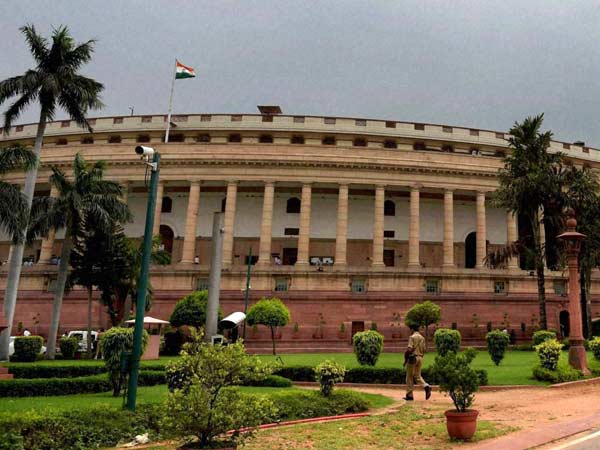
New corruption laws enhance punishment for anyone found guilty
New Delhi, July 26: Decisive action seems to have been taken by the National Democratic Alliance (NDA) government to clean up the system emphasising on transparency and accountability with the passage of the Prevention of Corruption (Amendment) Bill, 2018. The decision delivers another telling blow on corruption as even gift has been criminalised.

The amendment bill delivers on Prime Minister Narendra Modi's twin promise of promptly and sternly punishing those found guilty, establishing a strong deterrent; and empowering honest to perform their duty without fear or favour, standing by them if they have acted in good faith.
Giving the law more teeth, the amendment bill makes punishing the guilty more stringent and effective - enhancing the punishment, expanding the ambit, widening the liability, enabling forfeiture and setting firm timelines:
1. Punishment enhanced: punishment for those found guilty (bribe takers and bribe givers) has been made harsher - enhanced to a minimum punishment of 3 years, extendable up to 7 years with fine; from the earlier 6 months, with an extension up to 3 years. Habitual offenders subjected to an even harsher minimum punishment of 5 years, extendable up to 10 years with fine.
2. 'Undue Advantage' expanded - the previously limited definition of 'undue advantage' expanded to now include 'anything other than legal remuneration', thereby fundamentally widening the scope and ambit of the offence of corruption.
3. Gifts criminalised - gifts received for established undue advantage / mala-fide motive are now considered an act of corruption. Previously all gifts were exempt from scrutiny, allowing for abuse.
4. Collusive Bribe Givers criminalised: For the first time, the 'giving of bribe' has now been made a direct offence on par with 'taking of bribe' (earlier was viewed only as abatement). At the same time, protection has been built-in against coercive bribery, as long as the victim comes forward within 7 days.
5. Corporate bribery criminalised: for the first time, superior functionaries of a commercial organisation will be held responsible, if their employee/agent is proven to have bribed with their approval, for advancement of the organisation's interests.
6. Immediate Forfeiture: for the first time, law enforcement is empowered with powers for immediate attachment and forfeiture of illegal property of a public servant, invoking provisions of the Prevention of Money Laundering Act. The 'possession' of 'illicit property' itself, is sufficient cause for prosecution.
7. Timely Trial mandated: for the first time, it is mandated to conclude the investigation and trial within 2 years, extendable up to a maximum of 4 years; ensuring timely justice.
8. Protecting the Honest: the threat and fear of unjust, mala-fide prosecution abusing existing loopholes and legal anomalies, had scared bona-fide officers into a policy paralysis, fearful of decision-making. Therefore, to empower honest public servants to perform their duty without fear or favour, as per laid down laws, policies and procedures; corrections have been made for protecting their bona-fide decisions from malicious threats and harassment.
With almost 3 decades having passed since the original 'The Prevention of Corruption Act, 1988', it was necessary for it to evolve with changing times, especially aligning with the UN Convention Against Corruption (which has been signed and ratified by India). It has been passed by the Rajya Sabha on July 19, 2018, and now by the Lok Sabha on July 24, 2018.


 Click it and Unblock the Notifications
Click it and Unblock the Notifications


































